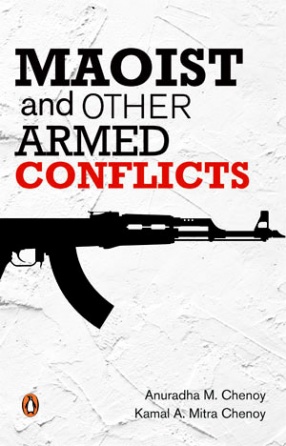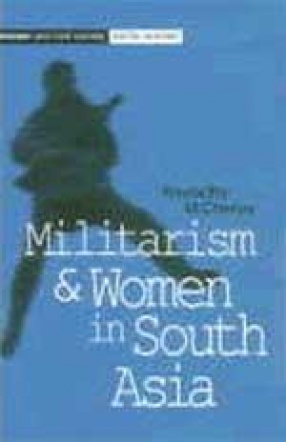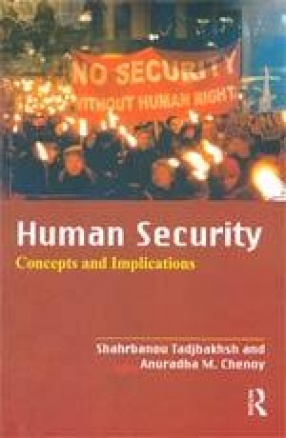Maoist and Other Armed Conflicts
Synopsis
Between 1994 and 2010, 58,000 civilians, security forces and militants were killed in Jammu and Kashmir, the Northeast and in Naxalite-affected areas.
One-sixth of all Indians today live in areas of armed conflict. Seeking solutions, this book is a holistic examination of present armed conflicts as well as the past ones in Punjab and Mizoram, illuminating their common roots, as well as the responses of the state and civil society.
The authors show how insurgencies are propelled by a complex mix of issues: the denial of justice and rights, identity concerns, and the breakdown of the social and symbolic order, rather than merely poverty and lack of education. Draconian laws like the Armed Forces (Special Powers) Act and measures like encounters, crackdowns and Salwa Judum aggravate the sense of collective victimhood and feelings of alienation from the national community. Furthermore, the long-term use of force leads to militarization of the state and society and a flourishing illegal economy.
Uniquely the authors also explore the gendered aspects of such conflicts. Women are considered signifiers of the community’s honour, to be protected or violated, and hence become subject to greater control than at normal times. Domestic violence gets enhanced and even where women become combatants, men sanction and ultimately control their roles.
Bringing together for the first time ever, field data and interviews with insurgents and activists, especially woman, civil society and politicians from these diverse areas, this book is a powerful critique of national security approaches for resolution of armed conflicts.
Read more
One-sixth of all Indians today live in areas of armed conflict. Seeking solutions, this book is a holistic examination of present armed conflicts as well as the past ones in Punjab and Mizoram, illuminating their common roots, as well as the responses of the state and civil society.
The authors show how insurgencies are propelled by a complex mix of issues: the denial of justice and rights, identity concerns, and the breakdown of the social and symbolic order, rather than merely poverty and lack of education. Draconian laws like the Armed Forces (Special Powers) Act and measures like encounters, crackdowns and Salwa Judum aggravate the sense of collective victimhood and feelings of alienation from the national community. Furthermore, the long-term use of force leads to militarization of the state and society and a flourishing illegal economy.
Uniquely the authors also explore the gendered aspects of such conflicts. Women are considered signifiers of the community’s honour, to be protected or violated, and hence become subject to greater control than at normal times. Domestic violence gets enhanced and even where women become combatants, men sanction and ultimately control their roles.
Bringing together for the first time ever, field data and interviews with insurgents and activists, especially woman, civil society and politicians from these diverse areas, this book is a powerful critique of national security approaches for resolution of armed conflicts.
19.80
17.82
$
22.00 $
Free delivery Wolrdwidе in 10-18 days
Ships in 1-2 days from New Delhi
Membership for 1 Year $35.00
Get it now and save 10%
Get it now and save 10%
BECOME A MEMBER
Books by the same authors









Bibliographic information
Kamal A Mitra Chenoy